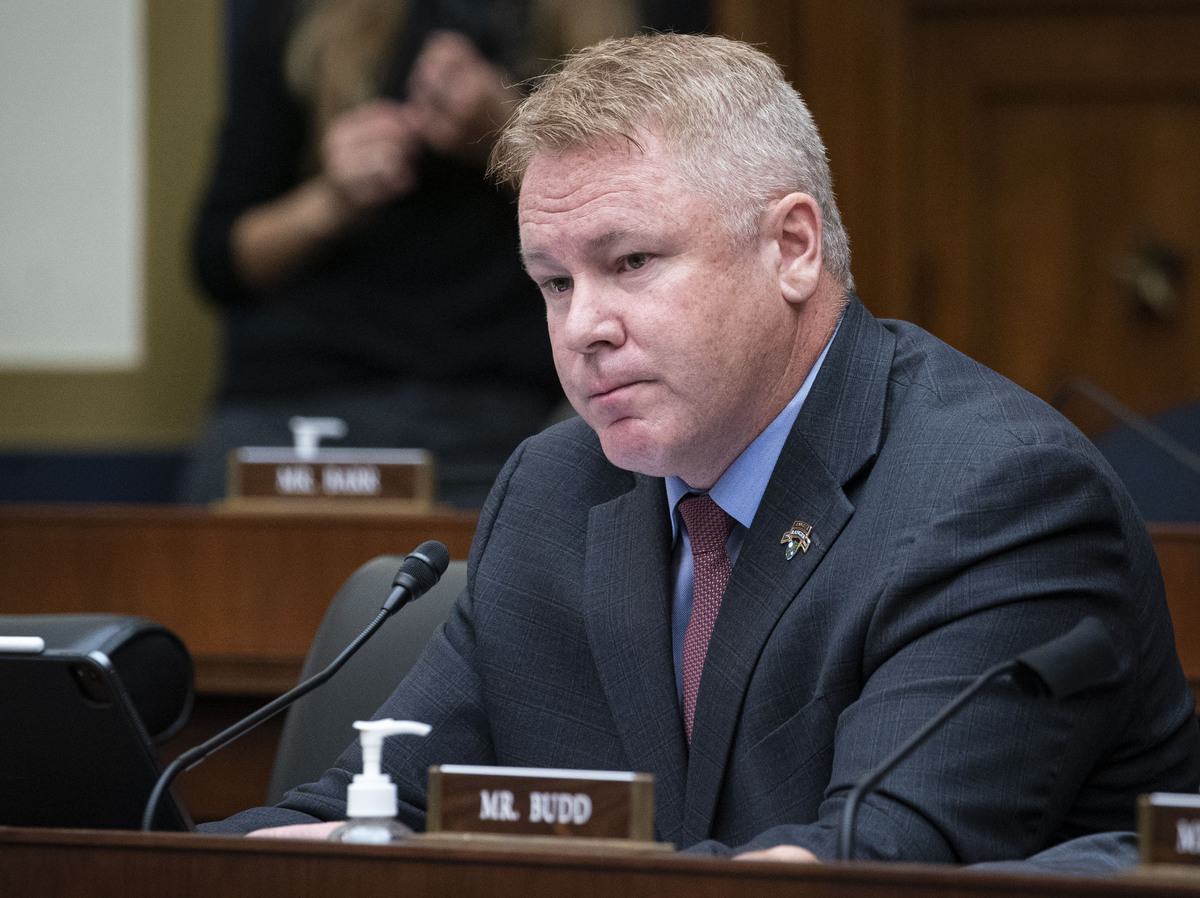A big fight is brewing over cryptocurrencies. These are some key players to watch

Enlarge this image
From left to right: Sen. Cynthia Lummis, R-Wyoming; Securities and Exchange Commission Chairman Gary Gensler; and Sen. Elizabeth Warren, D-Mass. All three are likely to play important roles as the country starts to shape regulations for cryptocurrencies such as Bitcoin.
Tom Williams/CQ-Roll Call, Inc/Getty Images; Melissa Lyttle/Bloomberg/Getty Images; Graeme Jennings/Pool/Getty Images/Various
hide caption
toggle caption
Tom Williams/CQ-Roll Call, Inc/Getty Images; Melissa Lyttle/Bloomberg/Getty Images; Graeme Jennings/Pool/Getty Images/Various

Enlarge this image
Securities and Exchange Commission Chairman Gary Gensler speaks during a Senate Banking, Housing, and Urban Affairs Committee hearing on Sept. 14 in Washington, D.C. Gensler is likely to be a vital voice in shaping regulation for cryptocurrencies.
Evelyn Hockstein/Pool via AP
hide caption
toggle caption
Evelyn Hockstein/Pool via AP

Commodity Futures Trading Commission (CFTC) Acting Chairman Rostin Behnam in a file photo from the agency’s website. Behnam is calling for the CFTC to have a major role in supervision of cryptocurrencies.
Commodity Futures Trading Commission/Commodity Futures Trading Commission website
hide caption
toggle caption
Commodity Futures Trading Commission/Commodity Futures Trading Commission website
Having served as a member of the Commodity Futures Trading Commission since 2017, Rostin Behnam has been nominated to be its next chairman. (He is currently doing the job in an acting capacity.)
There is a turf war among regulators, primarily between the SEC and the CFTC, about which agency should have the main authority to regulate cryptocurrencies.
During his confirmation hearing before the Senate Agriculture Committee in October, Behnam made the case that the C.F.T.C. should have a bigger role in regulation, even as he acknowledged it would «be a departure from our historical role as a derivatives regulator.»
«I think it is important to have a primary cop on the beat,» he told lawmakers. «And certainly the C.F.T.C. is prepared to do that if this committee so wishes.»
Behnam’s argument goes to the heart of another basic question that regulators are grappling with: how to define cryptocurrencies. Currently they can be considered both commodities or securities, a confusion that speaks to the current lack of regulatory clarity.
Treasury Secretary Janet Yellen

Enlarge this image
Treasury Secretary Janet Yellen listens at a House Financial Services Committee hearing on oversight of the Treasury Department and Federal Reserve coronavirus pandemic response on Sept. 30, 2021 in Washington, D.C. Traditionally, Historically, Treasury has overseen the writing and implementation of new regulations across agencies.
Al Drago/Pool/Getty Images
hide caption
toggle caption
Al Drago/Pool/Getty Images

Enlarge this image
Sen. Elizabeth Warren, D-Mass., speaks during a Senate Armed Services Committee meeting on Sept. 28. Warren has called for stronger regulation for cryptocurrencies.
Kevin Dietsch/POOL/AFP via Getty Images
hide caption
toggle caption
Kevin Dietsch/POOL/AFP via Getty Images

Enlarge this image
Sen. Cynthia Lummis, R-Wyoming, (R-WY) questions Treasury Secretary Janet Yellen and Federal Reserve Chairman Jerome Powell during a Senate Banking, Housing and Urban Affairs Committee hearing on Sept. 28 in Washington, D.C. Lummis calls herself a «»HOLDler,» or somebody who buys and holds onto cryptocurrencies even when volatile.
Kevin Dietsch/POOL/AFP via Getty Images
hide caption
toggle caption
Kevin Dietsch/POOL/AFP via Getty Images

Enlarge this image
Sen. Pat Toomey, R-Pa., questioning Yellen and Powell during the Senate Banking, Housing and Urban Affairs Committee hearing on Sept. 28 in Washington, D.C. Toomey believes cryptocurrencies could be «as revolutionary as the internet.»
Kevin Dietsch/Getty Images
hide caption
toggle caption
Kevin Dietsch/Getty Images

Enlarge this image
Rep. Darren Soto, D-Fla. is pictured in April 2014 when he served as a state senator in Florida. He’s co-chair of the Congressional Blockchain Caucus.
Phil Sears/AP
hide caption
toggle caption
Phil Sears/AP

Enlarge this image
Rep. Bill Foster, D-Ill., speaks AT at a House Select Subcommittee on the Coronavirus Crisis hearing on Oct. 2, 2020, in Washington, D.C. , He has been skeptical on cryptocurrencies.
J. Scott Applewhite/AP, Pool
hide caption
toggle caption
J. Scott Applewhite/AP, Pool

Enlarge this image
Rep. Warren Davidson, R-Ohio, listens during a House Financial Services Committee hearing, on Sept. 30 in Washington, D.C. He worries that Congress is moving too slowly to set rule for cryptocurrencies.
Al Drago/Pool via AP
hide caption
toggle caption
Al Drago/Pool via AP
Rep. Warren Davidson, R-Ohio, listens during a House Financial Services Committee hearing, on Sept. 30 in Washington, D.C. He worries that Congress is moving too slowly to set rule for cryptocurrencies.
Al Drago/Pool via AP
A diverse cast of lawmakers are also likely to help shape the future of regulation for cryptocurrencies.
Take Rep. Darren Soto, D-Fl., for example, who acts as the co-chair of the Congressional Blockchain Caucus.
He’s spent most of his time in Congress focused on technology issues, and he says he sees a lot of possibility in cryptocurrency as an «emerging technology,» although he is also worried about how bad actors use the cryptocurrency.
Or Rep. Bill Foster, D-Il. On Capitol Hill, few lawmakers have as strong a grasp on the technology underpinning cryptocurrency as Foster, who has a Ph.D. in high-energy particle physics from Harvard University.
Foster is skeptical of cryptocurrency — he has concerns about the environmental impact of Bitcoin mining, for example.
There’s also Rep. Warren Davidson, R-Ohio. A member of the House Financial Services Committee, Warren Davidson started paying attention to digital payments in the mid-2000s, he says.
Davidson worries that Congress is moving too slowly to set rule for cryptocurrencies.
«Industry is basically pleading, ‘Give us some regulatory clarity,'» Davidson says. «We should be able to address this, and we could, and we can do it quickly.»
- cryptocurrencies
- Gary Gensler
- cryptocurrency
- bitcoin
- CFTC
- Senate Banking Committee
- SEC
- Securities and Exchange Commission
- Pat Toomey
- Elizabeth Warren














Комментарии 0